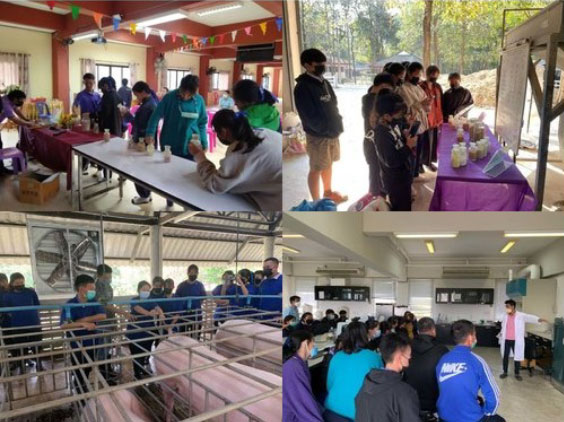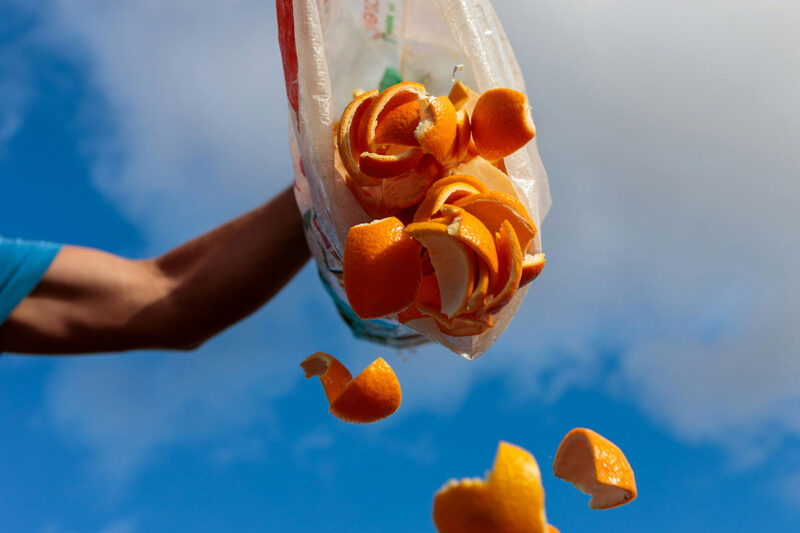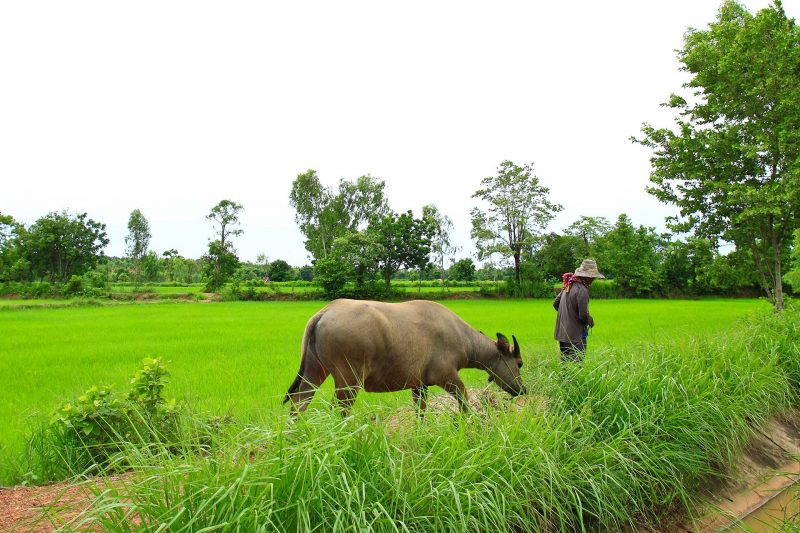CU-PIG FARMING: Demonstration School Project offers new opportunities to Nan farmers
Nan province struggles with inadequate agricultural production, leading to a reliance on imported agricultural products, particularly protein-rich animal-derived foods. In an effort to address this issue and improve food security, Chulalongkorn University has initiated a program to increase pork production productivity and support the sustainable livelihoods of local farmers. The program emphasizes the sharing of knowledge with farmers and the creation of networks for mutual support and learning among them, in alignment with the province’s food plan.
The initiative began with an artificial insemination center for pigs and research to boost pig productivity. Artificial insemination, which involves the use of semen to breed pigs, is common in large pig farms but was not widely practiced in Nan. When Chulalongkorn University introduced this technique in 2004, many farmers were opposed to it due to concerns about the strength and number of piglets produced. However, artificial insemination can actually reduce the transmission of disease and increase the number of piglets born, which can lead to increased income for farmers and higher protein output from pigs.
The Center of Learning Network for the Region (CLNR) of Chulalongkorn University has provided swine semen for artificial insemination and held training sessions for smallholder farmers since 2006. In addition to promoting sustainability and food security, as outlined in Nan’s strategic plan, the CLNR has also established an integrated pig farming demonstration school to teach local farmers, students, and other young people with limited access to education about pig breeding and management. As part of this program, small-scale farmers are trained in artificial insemination and are even producing their own pig semen for the procedure.
The success of these initiatives has led to a shift in pig breeding practices in the region from natural breeding to artificial insemination using high-quality semen, which reduces the transmission of breeding-related diseases and improves the quality of pigs. At the present, this operation needs 500 tubes of semen per month for artificial insemination. The center is also working to develop and produce protein-rich animal feed, particularly for pigs, as part of a sustainable animal husbandry process at the community level that can increase the incomes of small-scale farmers and align with Nan’s resource and economic sustainability plans. This includes training for farmers in Nan who wish to continue pig farming and the expansion of the center’s network of pig growers to provide youths with pig farming instruction and training.
The Chulalongkorn University provided by the center’s model school for integrated pig farming aims to expand educational opportunities for the Nan community. This includes training in the academic content necessary for the proper management of a pig farm, reducing the cost of pig farming by producing pig feed using locally available animal feed ingredients, and hands-on training at the ” Pig Farming Demonstration School” to achieve the goals of the integrated pig farming model project, including creating career options and income from pig farming for the community.

BY
Center of Learning for the Region, Chulalongkorn University
Related articles:
Others
Learning Curve Toward Service
Veterinary student volunteers gain hands-on appreciation of rural life





